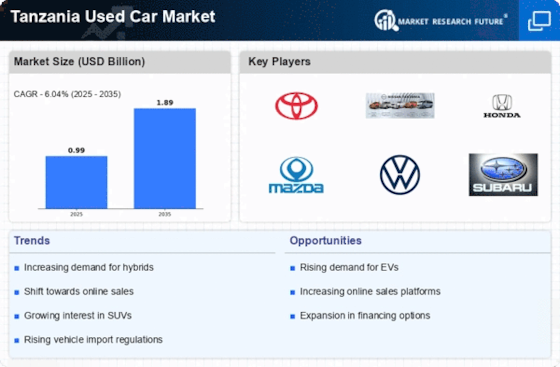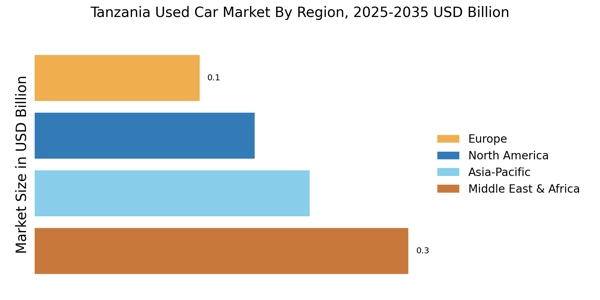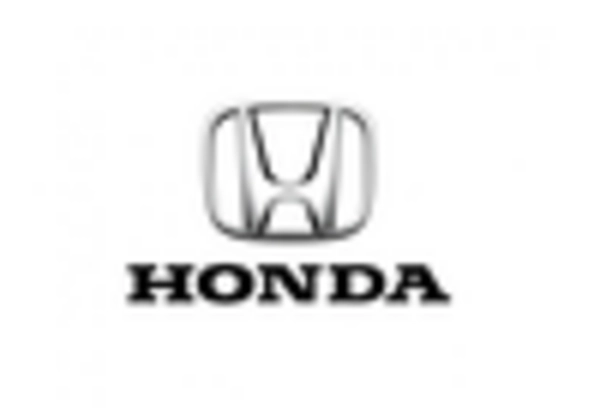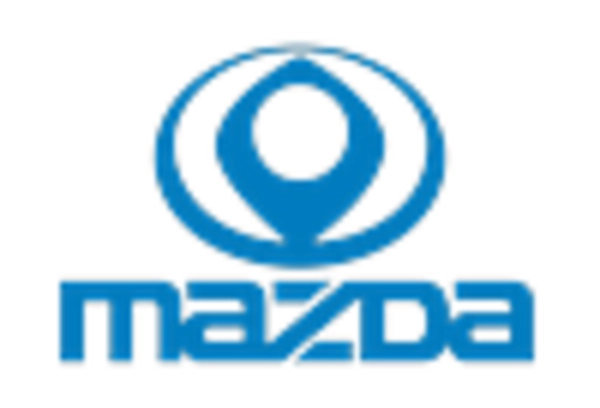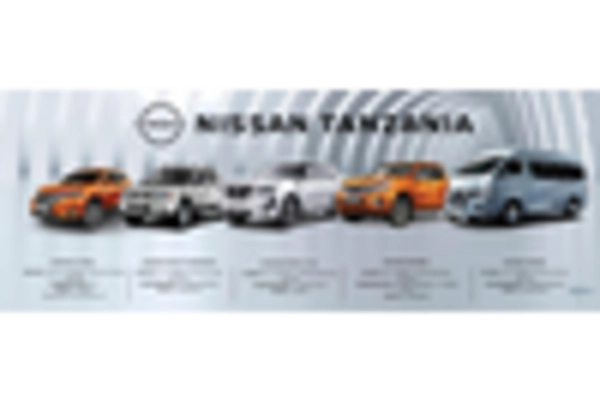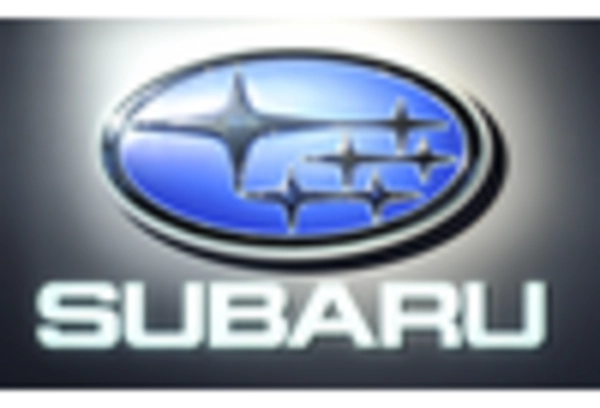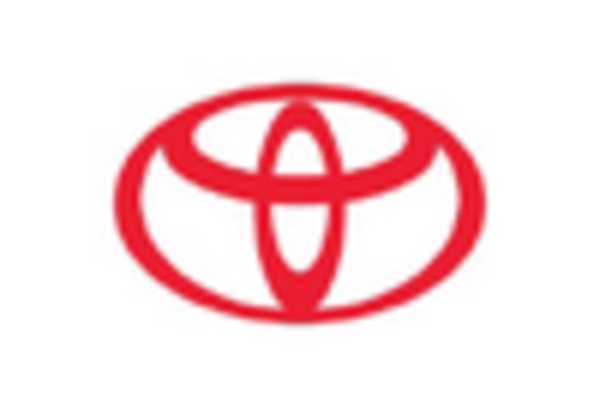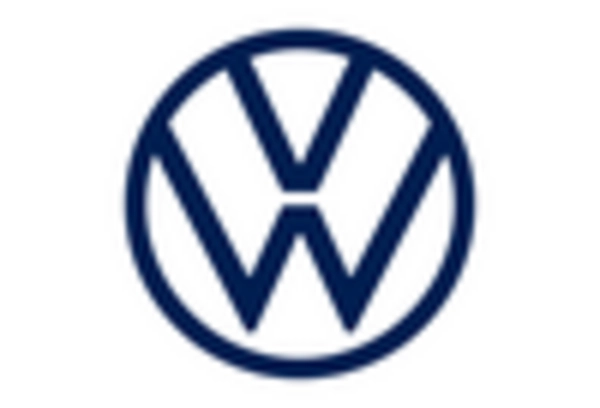Expansion of Financing Options
The availability of diverse financing options is significantly influencing the used cars in Tanzania. Financial institutions are increasingly offering tailored loan products that cater specifically to used car buyers. This trend appears to be making it easier for consumers to access credit, thereby facilitating their ability to purchase used vehicles. Reports indicate that the percentage of car buyers utilizing financing has risen, suggesting a shift in consumer behavior towards financing rather than outright purchases. Additionally, the introduction of flexible payment plans and lower interest rates may further encourage potential buyers to consider used cars as viable options. As financing becomes more accessible, the used vehicle market in Tanzania is likely to witness an uptick in sales, as more consumers are empowered to make purchases.
Government Policies and Regulations
Government policies and regulations play a crucial role in shaping the Tanzania Used Car Market. Recent initiatives aimed at promoting local automotive manufacturing and reducing import tariffs on used vehicles have created a more favorable environment for both consumers and dealers. These policies appear to encourage the importation of quality used cars, making them more accessible to the average consumer. Additionally, regulations that ensure vehicle safety and emissions standards are being enforced, which may enhance the overall quality of used cars available in the market. As the government continues to support the automotive sector, the Tanzania second-hand car industry is likely to experience positive growth, driven by increased consumer trust and a wider selection of vehicles.
Increased Availability of Quality Used Cars
The Tanzania Used Car Market is benefiting from an increase in the availability of quality used vehicles. This trend is largely attributed to the growing number of dealerships and online platforms that specialize in pre-owned cars. As consumers become more discerning, they are seeking vehicles that not only fit their budget but also meet quality standards. The rise of certified pre-owned programs and vehicle inspections has enhanced consumer confidence in purchasing used cars. Moreover, data suggests that the average age of vehicles on the road in Tanzania is decreasing, indicating a shift towards newer used models. This influx of quality options is likely to attract a broader customer base, thereby stimulating growth within the pre-owned vehicles in Tanzania.
Technological Advancements in Vehicle Sales
Technological advancements are transforming the landscape of the Tanzania Used Car Market. The rise of digital platforms for buying and selling used cars has revolutionized how consumers interact with the market. Online marketplaces and mobile applications are making it easier for buyers to compare prices, access vehicle history reports, and connect with sellers. This shift towards digitalization appears to be attracting a younger demographic that is more comfortable with technology. Furthermore, the integration of virtual reality and augmented reality in showrooms is enhancing the buying experience, allowing consumers to explore vehicles in a more immersive way. As technology continues to evolve, the Tanzanian used automobile market is likely to adapt, leading to increased efficiency and customer satisfaction.
Economic Growth and Increased Disposable Income
The Tanzania Used Car Market is experiencing a notable surge in demand, driven by the country's economic growth and rising disposable incomes. As the economy expands, more individuals are able to afford used vehicles, which are often seen as a cost-effective alternative to new cars. In recent years, the GDP growth rate has hovered around 5-7%, contributing to an increase in consumer spending. This economic uplift appears to have fostered a greater willingness among consumers to invest in used cars, thereby stimulating the market. Furthermore, the increasing urbanization in Tanzania is likely to enhance the need for personal transportation, further propelling the used vehicle market. As more people seek reliable and affordable transportation options, the Second-hand vehicles in Tanzania is poised for continued growth.
.png)

